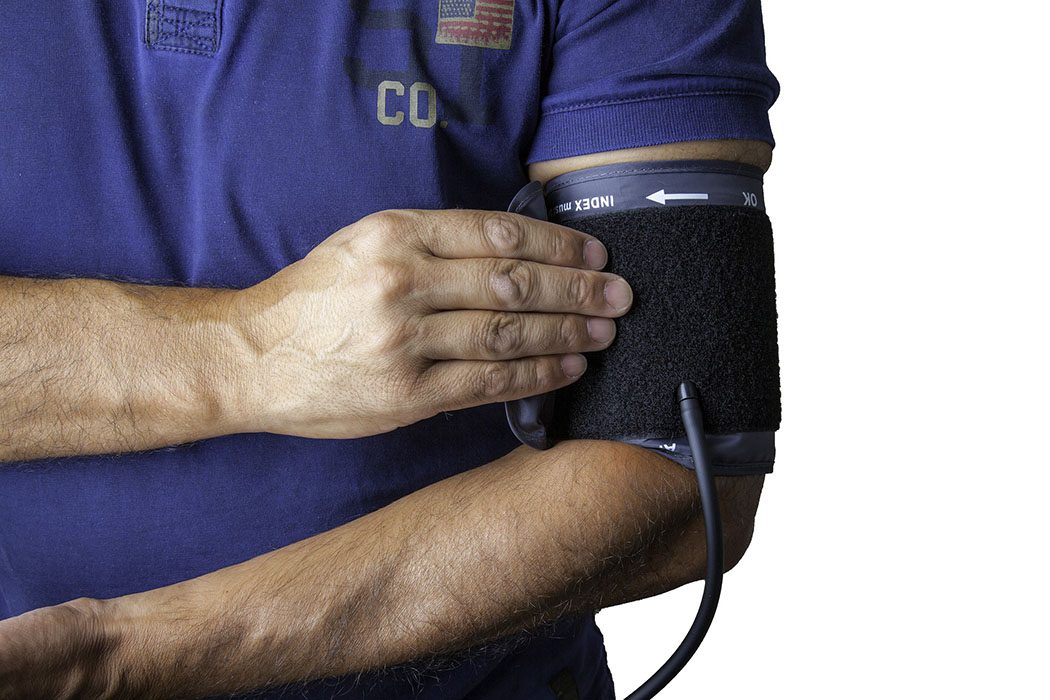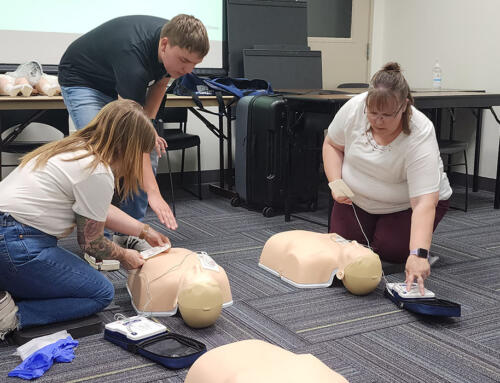Hypertension, or high blood pressure, is a common condition that can eventually lead to serious health problems. According to the Centers for Disease Control and Prevention (CDC), it affects nearly half of American adults, even though many people don’t realize they have it.
Read on to learn more about hypertension and how you can prevent and manage this dangerous condition.
Hypertension usually develops over time and can damage your arteries by making them more elastic. This eventually reduces the flow of blood and oxygen to your heart, leading to heart disease and other medical conditions.
High blood pressure has many risk factors, including:
- Age. Although the risk of high blood pressure increases as you age, nearly 1 in 4 adults aged 20 to 44 have high blood pressure. Until about age 64, high blood pressure is more common in men. Women are more likely to develop high blood pressure after age 65.
- Race. High blood pressure is particularly common among people of African heritage, often developing at an earlier age than it does in whites. Serious complications, such as stroke, heart attack and kidney failure, also are more common in people of African heritage.
- Family history. High blood pressure tends to run in families.
- Being overweight or obese. The more you weigh, the more blood you need to supply oxygen and nutrients to your tissues. As the amount of blood flow through your blood vessels increases, so does the pressure on your artery walls.
- Not being physically active. People who are inactive tend to have higher heart rates. The higher your heart rate, the harder your heart must work with each contraction and the stronger the force on your arteries. Lack of physical activity also increases the risk of being overweight.
- Using tobacco. Not only does smoking or chewing tobacco immediately raise your blood pressure temporarily, but the chemicals in tobacco can damage the lining of your artery walls. This can cause your arteries to narrow and increase your risk of heart disease. Secondhand smoke also can increase your heart disease risk.
- Too much salt (sodium) in your diet. Too much sodium in your diet can cause your body to retain fluid, which increases blood pressure.
- Too little potassium in your diet. Potassium helps balance the amount of sodium in your cells. A proper balance of potassium is critical for good heart health. If you don’t get enough potassium in your diet, or you lose too much potassium due to dehydration or other health conditions, sodium can build up in your blood.
- Drinking too much alcohol. Over time, heavy drinking can damage your heart. Having more than one drink a day for women and more than two drinks a day for men may affect your blood pressure. If you drink alcohol, do so in moderation. For healthy adults, that means up to one drink a day for women and two drinks a day for men. One drink equals 12 ounces of beer, 5 ounces of wine or 1.5 ounces of 80-proof liquor.
- Stress. High levels of stress can lead to a temporary increase in blood pressure. Stress-related habits such as eating more, using tobacco or drinking alcohol can lead to further increases in blood pressure.
- Certain chronic conditions. Certain chronic conditions also may increase your risk of high blood pressure, including kidney disease, diabetes and sleep apnea.
Hypertension can hurt your health in many ways, but the good news is that it’s treatable and preventable. If you have high blood pressure, you can take steps to lower your risk for serious health problems.
Here’s some effective changes you can make to prevent and manage hypertension.
- Live a healthy lifestyle. This includes eating a healthy diet that has plenty of fresh fruits and vegetables. Your healthcare provider might recommend altering your diet to include foods rich in potassium, fiber and protein, while avoiding foods that have high levels of sodium (salt) and saturated fat.
- Maintain a healthy weight. Being overweight or obese can increase your risk for hypertension. Adults should aim to get at least 2.5 hours of moderate intensity exercise each week (or about 30 minutes a day for five days a week).
- Quit smoking and other tobacco products. Smoking raises your blood pressure and can put you at higher risk for heart attack and stroke.
- Make sleep a priority. Sleep helps keep your heart and blood vessels healthy.
It’s also important to measure your blood pressure regularly at home or with your doctor.




